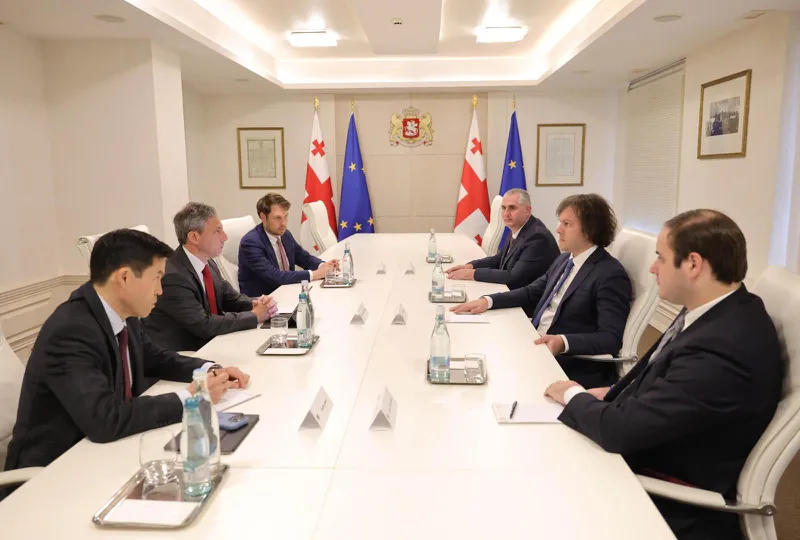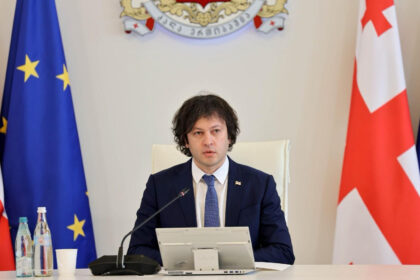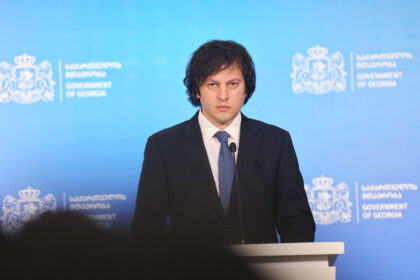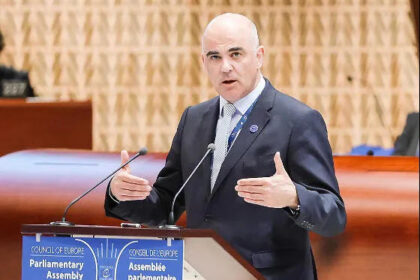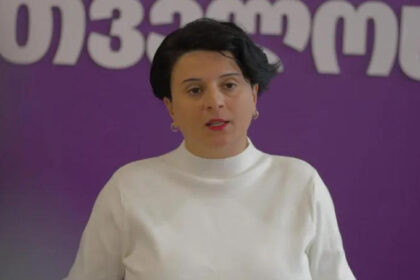**Georgia’s Prime Minister Meets with IMF Representatives**
In a significant meeting, Georgian Prime Minister Irakli Kobakhidze sat down with high-ranking officials from the International Monetary Fund (IMF). The gathering was an opportunity for both sides to discuss key economic issues affecting Georgia.
According to official statements, the main focus of the meeting was on Georgia’s economic growth and stability. This included a review of the country’s progress in implementing structural reforms, as recommended by the IMF. Prime Minister Kobakhidze highlighted the ongoing efforts to reform state-owned enterprise management, aimed at increasing efficiency. He emphasized that this process is crucial for maximizing the effectiveness of these enterprises.
The conversation also touched on Georgia’s efforts to diversify its markets and improve regional trade relationships. The Prime Minister underscored the importance of capital market development and enhancing energy security, which are critical areas of focus for the Georgian government.
Notably, Prime Minister Kobakhidze expressed appreciation for the close cooperation between Georgia and the IMF. He welcomed the Fund’s forecast, which aligns with the government’s own projections. This alignment underscores the shared vision between the two parties on the country’s economic trajectory.
The visiting IMF officials, led by Head of Mission Alejandro Hajdenberg and Executive Director Jeroen Kremers, expressed their readiness to continue working closely with the Georgian government. This commitment is significant, as it signals a long-term partnership aimed at supporting Georgia’s economic development.
**Commentary**
Georgia’s Prime Minister appears to be prioritizing economic stability and growth, aligning his country’s goals with those of the IMF. The ongoing efforts to reform state-owned enterprises demonstrate a clear commitment to maximizing efficiency and effectiveness in this sector.
This meeting is also noteworthy for its focus on market diversification and regional trade relations. Enhancing Georgia’s connections with neighboring countries could have significant economic benefits, including increased trade volumes and improved energy security.
The alignment between the IMF’s forecast and the Georgian government’s projections suggests a high level of confidence in the country’s economic prospects. This shared vision may help guide policy decisions and ensure continued support from international partners like the IMF.
**What’s Next?**
As Georgia continues to navigate its economic landscape, it will be crucial for the government to maintain open communication with international organizations like the IMF. The success of these efforts could have far-reaching implications for the country’s growth and stability.
The commitment shown by the visiting IMF officials underscores a strong partnership between Georgia and the Fund. This collaboration is likely to remain essential in supporting the country’s economic development, particularly in areas such as structural reforms and market diversification.
Read More @ www.interpressnews.ge




